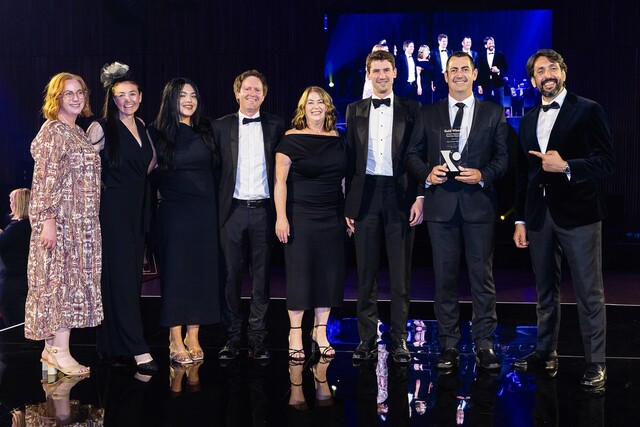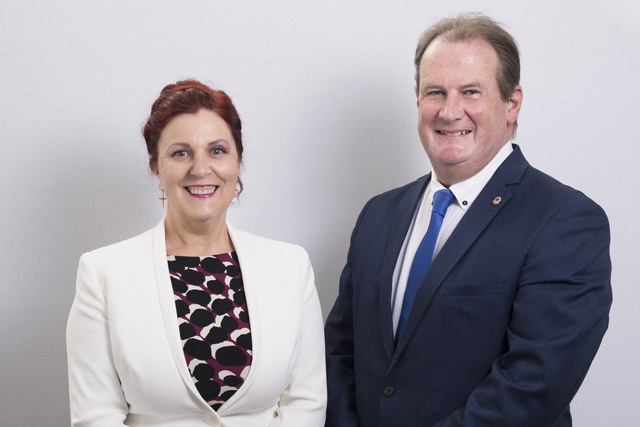Some 270 delegates representing 71 Councils attended the Municipal Association of Victoria’s annual conference in Melbourne on 26 October. Minister for Local Government, Candy Broad, said that this year’s conference agenda clearly reflected the changing issues jointly facing local communities, the States and nation as a whole.
“Investing in the full learning potential of our children, and with climate change, the pursuit of sustainability are both being discussed today,” the Minister said. “Challenges these issues present will not be met unless Local Government plays a bigger role than ever before.”
She said with the Bracks Government legislating to recognise Local Government in the State Constitution more still needs to be done to increase the community’s trust in their elected Councillors.
“Although most Councillor’s primary motivation is to serve their community, the Government believes Councillors should receive fair payment for their time,” the Minister said. “For this reason a new body will be set up to advise on allowances for Councillors and Mayors.”
She added that with the role of Councillors becoming more complex, the Department of Local Government has set aside $20,000 to work with the MAV to establish recognised training to assist both new and experienced Councillors to better represent their constituents.
In his address, the Victorian Treasurer, John Brumby, said that collaboration, cooperation and partnership with Local Government have been the basis of State/Local relations over the past seven years of the Bracks Government.
“This is distinct from the previous Kennett era when Compulsory Competitive Tendering and forced amalgamations dominated,” John Brumby said.
He said the State’s unemployment rate of 4.5 per cent is the lowest in 15 years, and some 86,000 new jobs have been created in the last 12 months.
“This is the highest number of new jobs of any of the States,” the Treasurer said. “The Australian economy is growing but Victoria’s is growing faster.”
He added that in the past year one in every three skilled migrant coming to Australia has settled in Victoria. Coupled with the highest building approvals of any State, these two areas – skills development and infrastructure development – are the key ingredients for robust communities.
Keynote speaker, Councillor Neil Hughes, has served on both an inner London Council and, more recently, in a rural area in the north of England. One of the participants in Michael Apted’s acclaimed 7Up documentary series, Neil spent a period of his early adulthood as a homeless person. On returning to live in inner London he said it was the poverty and difficult lives of many people in his local neighbourhood that stirred him to run for Council and try to make a difference.
“There is much to do as a Councillor,” Neil Hughes said. “We need to look at what we might do in our local community to start improving the world we live in. We must be pursuing best practice. To know that you have made a difference to someone’s life is really satisfying and makes the job worthwhile.” Neil Hughes said that it is vital we act as a world community with out local communities a microcosm of this.
“I yearn for world peace, for racial and cultural harmony, world economic development that is free of debt and where aid is unconditional, for disease to be eradicated, of resource preservation and renewable energy,” he said. “We must continually examine our own cultures to ensure we are being tolerant. We must get this right at home.”







